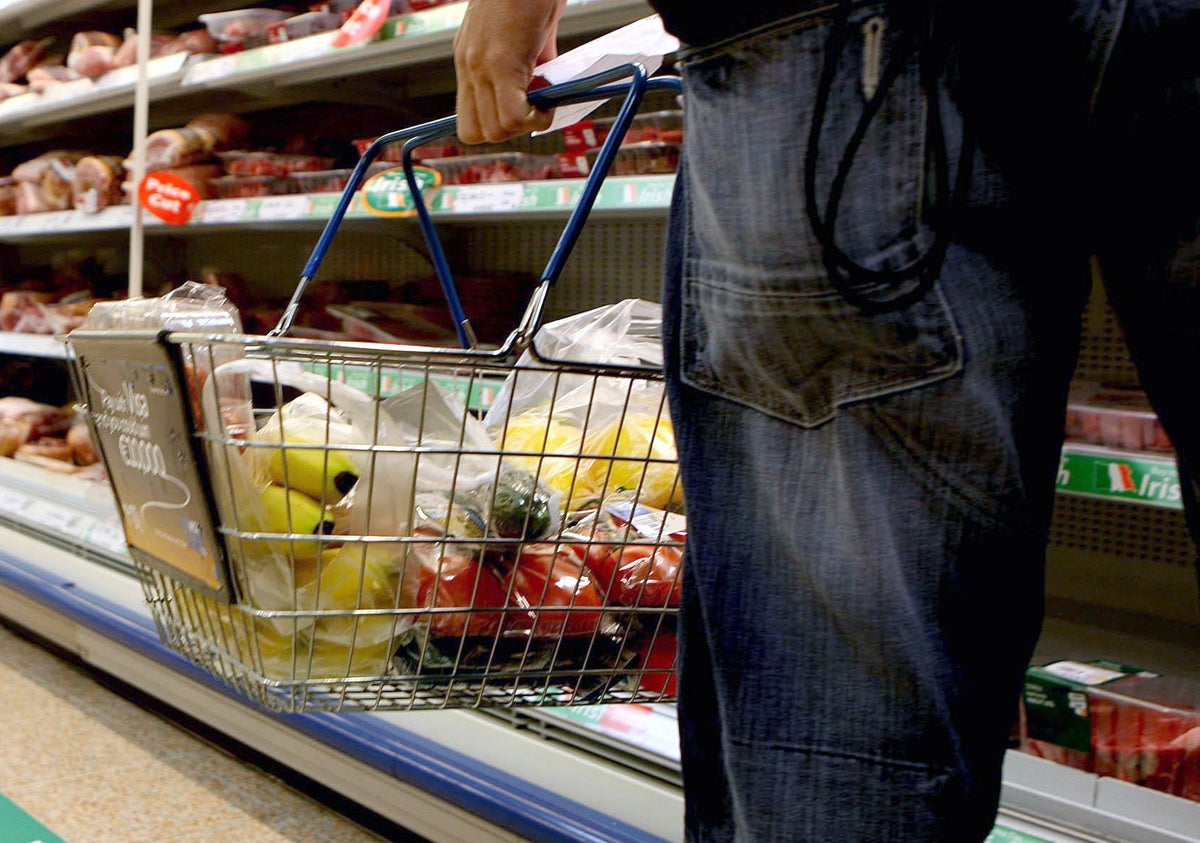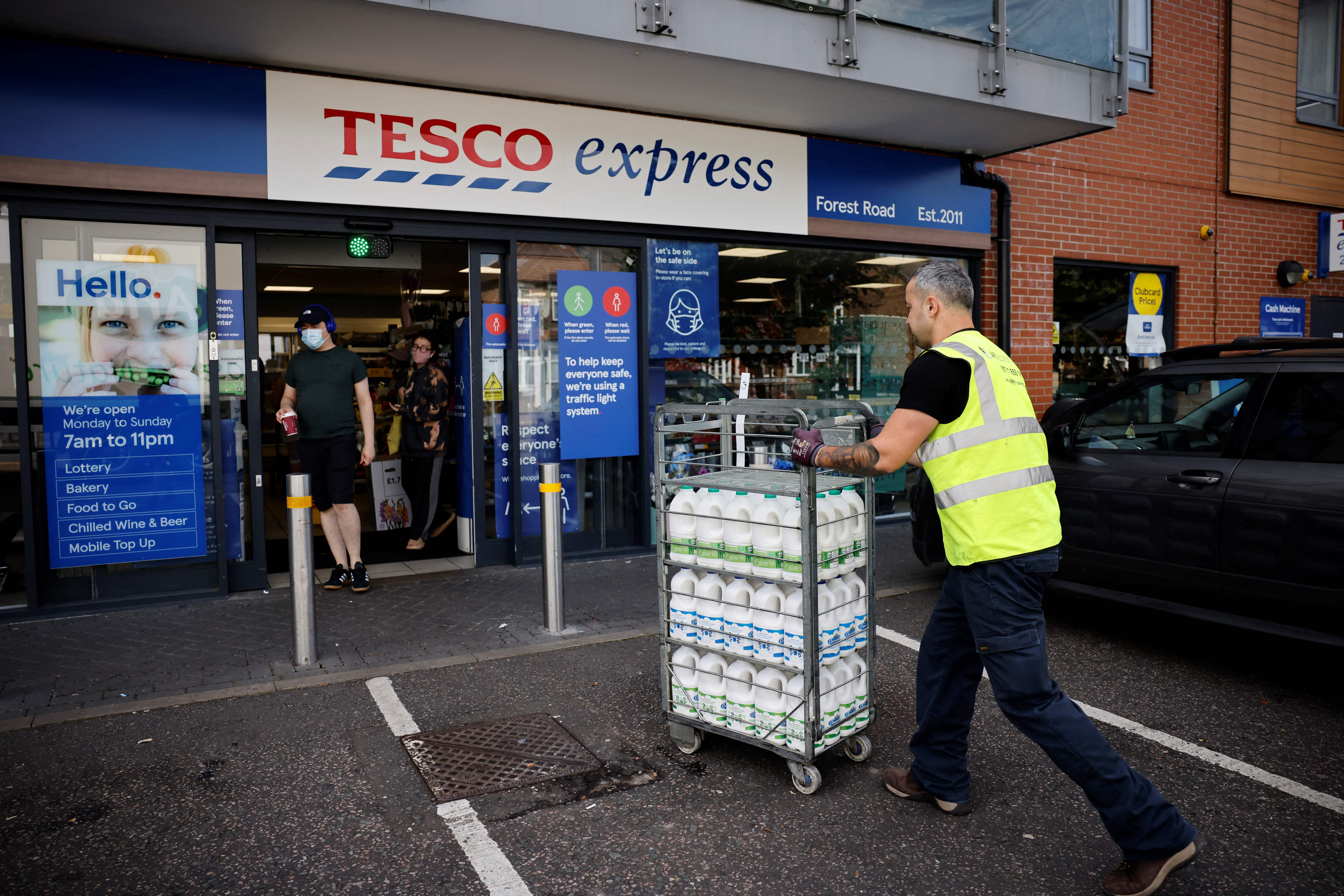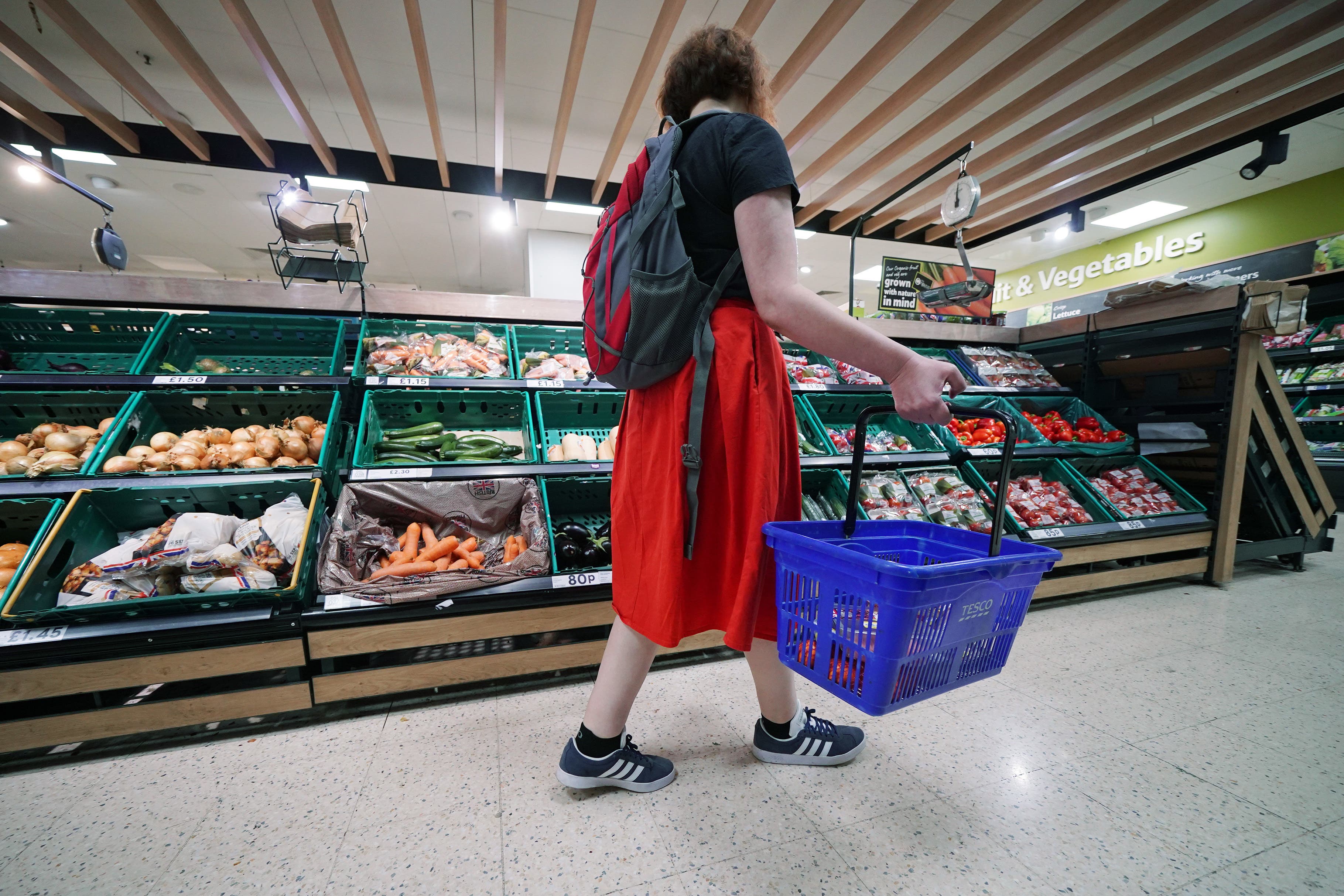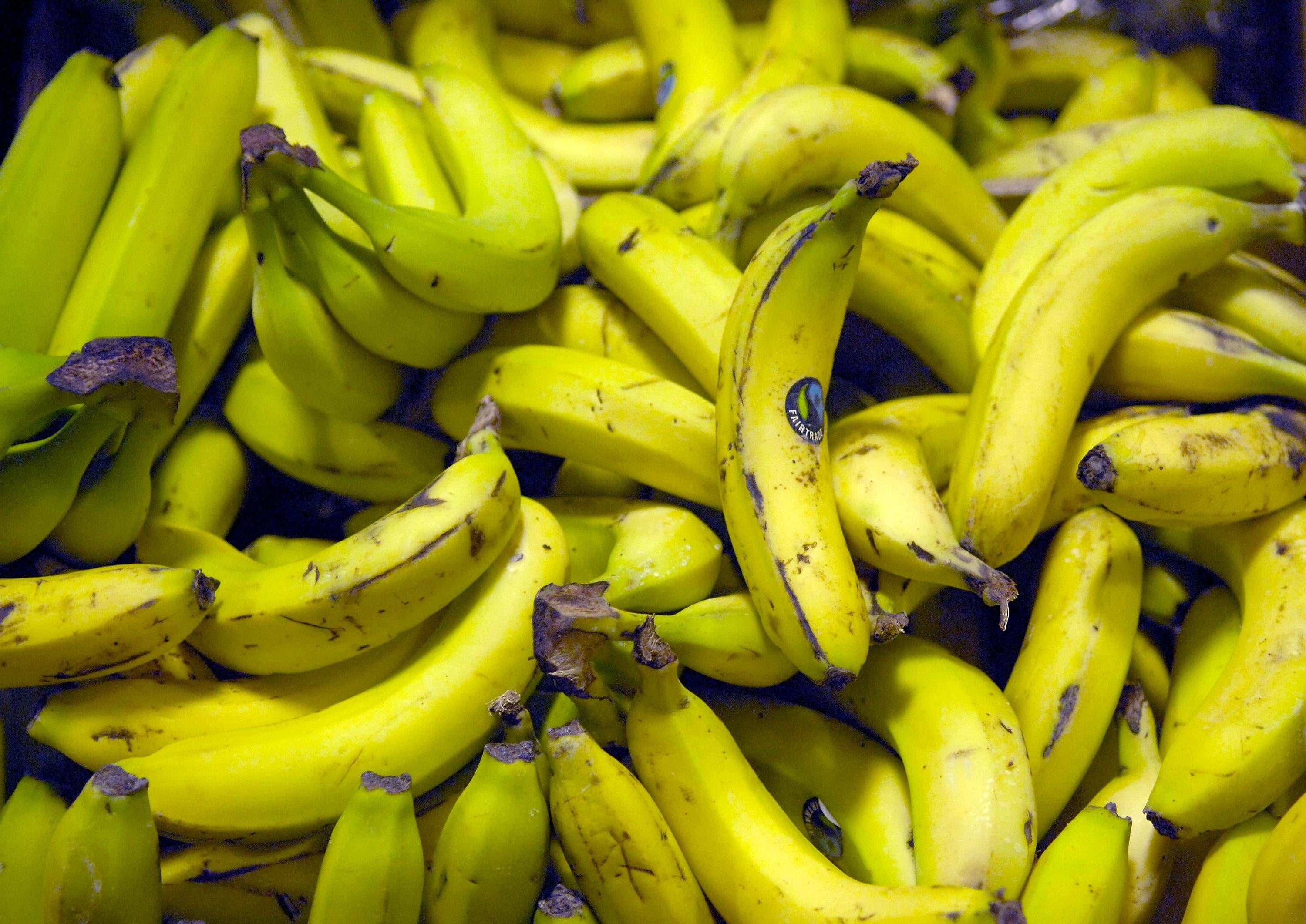
The cost of food and drink has increased at its sharpest rate since 1980, with surges in the prices of many key items in the average household’s shopping basket.
The rise in the cost of groceries has been accelerated by the war in Ukraine, which has pushed up the cost of fertiliser and animal feed due to the impact on grain supply from the region.
Global meat prices have jumped as a result, while the knock-on effect to oil production in the regions has also hit the price of sunflower oil and other fats. Food and drink prices have also been affected by the recent weakness in the pound, which has caused more expensive imported products and ingredients.
Consumer Price Index inflation rose back rose to 10.1 per cent in September, matching July’s 40-year high, according to the Office for National Statistics (ONS). The increase was driven partly by soaring food prices, which rose at their fastest rate since 1980.
Karen Betts, chief executive of the Food and Drink Federation, said: “Food and drink manufacturers continue to do everything they can to keep product prices down, but huge rises in ingredient, raw material, energy and other costs mean they have no choice but to pass some price rises on.”
The Independent compared food prices in Tesco today to 1 April to see how the cost of everyday essentials has changed in the past six months.
Beef mince: up 47%
Meat prices are up globally due to the war in Ukraine as essential animal-rearing products such as fertiliser and animal feed have shot up, forcing supermarkets to increase prices to offset rising costs.
According to our Tesco shop, a 500g pack of beef mince rose 47 per cent from £2.85 to £4.20 in the six months from April to October. This will be a price increase that many families will feel when doing the weekly shop to prepare meals.
COST OF LIVING: HOW TO GET HELP
The cost of living crisis has touched every corner of the UK, pushing families to the brink with rising food and fuel prices.
- The Independent has asked experts to explain small ways you can stretch your money, including managing debt and obtaining items for free.
- If you need to access a food bank, find your local council’s website using gov.uk and then use the local authority’s site to locate your nearest centre.
- The Trussell Trust, which runs many food banks, has a similar tool.
- Citizens Advice provides free help to people in need. The organisation can help you find grants or benefits, or advise on rent, debt and budgeting.
- If you are experiencing feelings of distress and isolation, or are struggling to cope, The Samaritans offers support; you can speak to someone for free over the phone, in confidence, on 116 123 (UK and ROI), email jo@samaritans.org, or visit the Samaritans website to find details of your nearest branch.
Basmati rice: up 46%
Also seeing a steep increase by our shop was basmati rice. A 2kg packet was £2.05 in April but is now £3.00. The UK imports its rice primarily from India and Pakistan so the falling value of the pound would definitely impact the price of rice on supermarket shelves across the country.
Butter: up 37%
Given the rising price of cooking oil and other fats due to the Ukraine conflict, there are no surprises that the price of butter saw a steep increase in our shop. Disruption in the region and limitations on exporting produce puts pressure on supply chains, driving up prices for the average supermarket shopper.
A 400g packet of Bertolli butter was £2.55 in April but shot up 37 per cent since April to £3.50.
Milk: up 19%
Milk, an essential shopping item for cereal, tea and cooking, also saw a steep increase in our shop as the price of a 4-pint carton increased almost 20 per cent in just six months. Priced at £1.30 in April, the cost in October is £1.55.

Cereal: up 10%
A box of Nesquik cereal was also subject to price increases – again due to the rising price of grain because of the war in Ukraine. The cost of a box of cereal went from £2.40 in April to £2.65 in October. A price increase of 10 per cent, or 25p in cash terms, which may not be significant as one item but will be felt within the total of an overall shopping bill.
Pasta: up 20%
Another cooking essential – pasta – also saw a noticeable price increase of 20 per cent from April to October. As the UK imports almost all of its pasta from Italy, a weakening pound would have a knock-on effect on prices.

The price in April for a 500g packet went from 75p to 90p in October. This is an essential shopping item for many households and families will feel the pinch of this increase.
Bread: up 4%
The price of bread also saw an increase in our shop. Grain exports have been hard hit by the war in Ukraine needing interventions from other countries to broker a peace deal allowing flow to resume.
This would have been felt by supermarkets, hence the increase for customers. An 800g bag of whole grain bread was £1.15 in April but has now risen slightly to £1.20.

Eggs: up 4%
Eggs also saw a similarly small increase in price – a rise of 4 per cent from April to October according to our shop. The price of six medium free-range eggs in April was £1.10, but this has now risen to £1.15.
Bananas: down 44%
Shoppers will be pleased to know that the supermarket shop isn’t all doom and gloom. There were some price decreases in our shop. Loose bananas priced at 25p in April dropped to 14p in October.

Sweet potatoes: down 24%
A bag of sweet potatoes was priced at £1.30 in April but that dropped to £0.99 in October – down 24 per cent.
Baked beans: no change
However, some prices have stayed the same throughout. The price of a can of baked beans stayed the same between April and October in our shop: 40p for a tin of Tesco own brand.
Chopped tomatoes: no change
A tin of Tesco’s own brand chopped tomatoes also stalled in the past two months, staying at 45p a tin.







